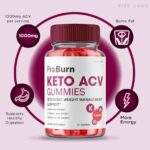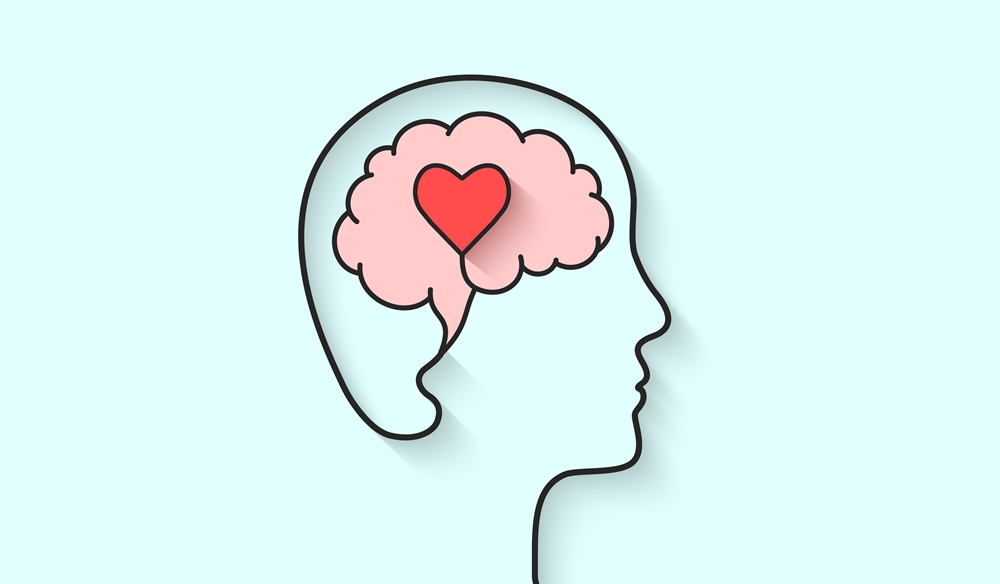Introduction
Mental health is a critical aspect of overall well-being, and its importance has gained increasing recognition in recent years. As the prevalence of mental health disorders continues to rise, the need for comprehensive and effective treatment approaches becomes more urgent. One such approach that has garnered attention is the integration of intensive patient care with the use of supplements. This article explores the significance of intense patient care in mental health treatment, with a focus on the role of supplements in supporting and enhancing therapeutic outcomes.
Understanding Intense Patient for Mental Health Treatment
Intensive patient care refers to a comprehensive and personalized treatment approach designed to address the unique needs of individuals struggling with mental health issues. This approach involves close monitoring, frequent therapy sessions, and a multidisciplinary team of healthcare professionals working collaboratively to provide holistic care. Intensive care is particularly beneficial for individuals with severe mental health disorders, such as major depression, bipolar disorder, or schizophrenia.
The Components of Intensive Patient Care
Therapeutic Modalities:
Intensive patient care often includes a variety of therapeutic modalities, such as cognitive-behavioral therapy (CBT), dialectical behavior therapy (DBT), and psychoeducation. These modalities aim to help individuals develop coping skills, manage stress, and address the root causes of their mental health challenges.
Medication Management:
In some cases, medication may be a crucial component of intensive patient care. Psychiatric medications can help regulate neurotransmitter imbalances and alleviate symptoms, providing individuals with the stability necessary to engage fully in therapy.
Nutritional Support:
Nutrition plays a vital role in mental health. A balanced diet can impact mood, cognitive function, and overall well-being. As part of intensive patient care, healthcare professionals often work with individuals to develop and maintain healthy eating habits.
Click Here To Buy (Official Website)
The Role of Supplements in Mental Health Treatment
While medication and traditional therapeutic approaches are essential components of intensive patient care, the integration of supplements can further enhance the overall effectiveness of treatment. Several supplements have shown promise in supporting mental health and well-being.
Omega-3 Fatty Acids:
Omega-3 fatty acids, found in fish oil and certain nuts and seeds, have been linked to improved mood and cognitive function. Research suggests that omega-3 supplementation may be beneficial for individuals with depression and other mood disorders.
Vitamin D:
Vitamin D is crucial for overall health, and its deficiency has been associated with an increased risk of depression. Intensive patient care may include regular monitoring of vitamin D levels and supplementation as needed to ensure optimal mental health.
B Vitamins:
B vitamins, including B6, B12, and folic acid, play a role in neurotransmitter synthesis and function. Supplementing with B vitamins has been explored as a complementary approach to traditional treatments for mood disorders.
Magnesium:
Magnesium is an essential mineral involved in various biochemical processes, including those related to neurotransmitter activity. Some studies suggest that magnesium supplementation may have a positive impact on anxiety and depressive symptoms.
Probiotics:
The gut-brain connection is a growing area of research, and the role of gut health in mental well-being is increasingly recognized. Probiotics, which support a healthy gut microbiome, may contribute to improved mental health outcomes.
It is important to note that supplement use should be approached with caution and under the guidance of healthcare professionals. Individual responses to supplements vary, and potential interactions with medications must be considered.
Benefits of Integrating Supplements into Intense Patient for Mental Health Treatment
Enhanced Treatment Response:
Supplements, when used judiciously, can complement traditional treatments and enhance the overall response to therapy. This is particularly relevant for individuals who may not fully respond to standard interventions alone.
Addressing Nutritional Deficiencies:
Mental health disorders are often associated with nutritional deficiencies that can exacerbate symptoms. Supplements provide a targeted approach to addressing these deficiencies, promoting overall well-being.
Holistic Approach to Wellness:
Integrating supplements into intensive patient care promotes a holistic approach to mental health and wellness. By addressing both psychological and physiological factors, this approach aims to support individuals in their journey toward recovery.
Click Here To Buy (Official Website)
Conclusion
Intensive patient care is a comprehensive and individualized approach to mental health treatment that recognizes the complexity of these disorders. By incorporating supplements into the treatment plan, healthcare professionals can further enhance the therapeutic outcomes for individuals struggling with mental health challenges. It is crucial, however, to approach supplement use with careful consideration of individual needs, potential interactions, and ongoing monitoring. The integration of intensive patient care with supplements represents a promising avenue for improving the lives of those facing mental health disorders, fostering a path to recovery and overall well-being.









